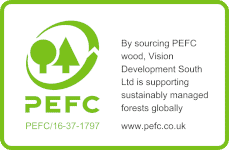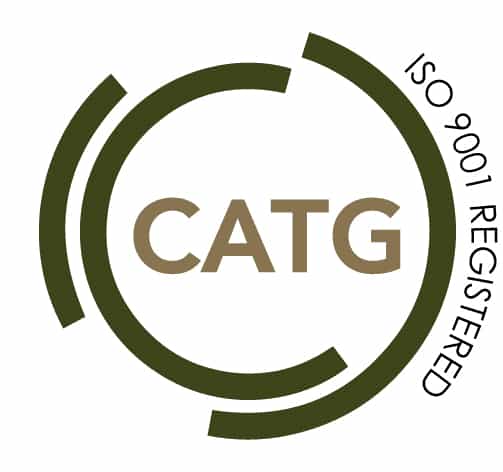I have never built my own home before – how will I know what to do?
This is why we are here, if you have little or no building knowledge you are still able to have a hand in the design and production of your new home. As an alternative to buying a ready-made and designed home from a developer you have created a bespoke home to meet your precise needs and preferences.
Will the timber frame be mortgagable?
Mortgage lenders make no distinction between Timber Frame or brick and block.
How long does a timber frame last?
The life expectancy is the same as brick and block and timber frame buildings are described as permanent structures.
Will my buildings insurance be more expensive?
No the construction is considered in the same way as any other by insurance companies.
How long will be the construction period?
The design and planning period is approximately 12 weeks. The construction period is approximately 20 weeks.
Can I extend my timber frame home at a later date?
A timber frame home can easily and speedily be extended with little disruption.
What are ‘Robust Details’?
These are a set of details used in the construction industry to ensure noise levels are acceptable within the party wall structures or separating floors to apartments and alike.
Is timber frame cost effective to build?
Construction costs are far more cost effective in comparison to brick and block on almost every occasion this is why it is the preferred method of construction all over Europe and the world. As a result of the speed with which a project can be completed there can also be other hidden savings such as on property rental whilst your project is underway or shorter bridging loan arrangements saving interest.
Is the timber frame treated?
All external timber and plates are treated.
Is the timber frame a fire risk?
Absolutely not, timber frame homes meet the same exacting fire regulation standards as brick and block. Remarkably the timber can withstand considerable burning before any danger of collapse whereas steel will buckle and brick/blocks can spall exploding the retained moisture.
Are timber frame homes strong?
They are extremely strong as the timber frame is built with full structural design and engineered to meet with building Regulations just like any other type of construction.
Can I fix cabinets, pictures and other fixtures to the walls?
In all our homes accommodation is made for the fixing of kitchens, utility rooms and bathrooms at the planning stage to ensure that there is always provision for secure fix. Far simpler than drilling block wall and making good.
Will the timber frame home crack when drying out?
Cracking is always a possibility. However, with timber frame there is less chance as there is greatly reduced moisture in the walls due to the boarding system used for the as opposed to wet trade plastering and brick and block.
Do the floors creak?
No, we fix our floors using a high level adhesive on the joints and joists.
Why use structurally engineered joists?
Structurally engineered joists do not move with drying as do solid timber joists and they are incredibly strong with service void integral which makes for easy service access.
Will my timber frame home be considered ecological?
All our timber is purchased from a sustainable source and certified from origin to use. The inbuilt characteristics of timber frame construction naturally minimises energy loss and, coupled with the addition of secondary renewable energy systems (such as air source heat pumps, ground source heat pumps and photovoltaic solar panels), the carbon footprint of your home would be negligible. There is more information on renewable energy systems on the website of our partner Xpert Energy.
Is There VAT on Timber Frame Buildings?
New build homes are zero rated and do not attract VAT. If we supply and erect the timber frame house (either a kit or a custom design) then we do not charge VAT. If we supply the timber frames but do not erect them on site then we must charge VAT but you will be able to claim back that VAT from HMRC within a three month period once a completion certificate has been obtained. VAT is charged on extensions and commercial buildings. This is a complex area, please contact us for more details or read the HMRC Buildings & Construction Document.
If we haven’t answered your question please feel free to contact us – we would welcome your call or email.











